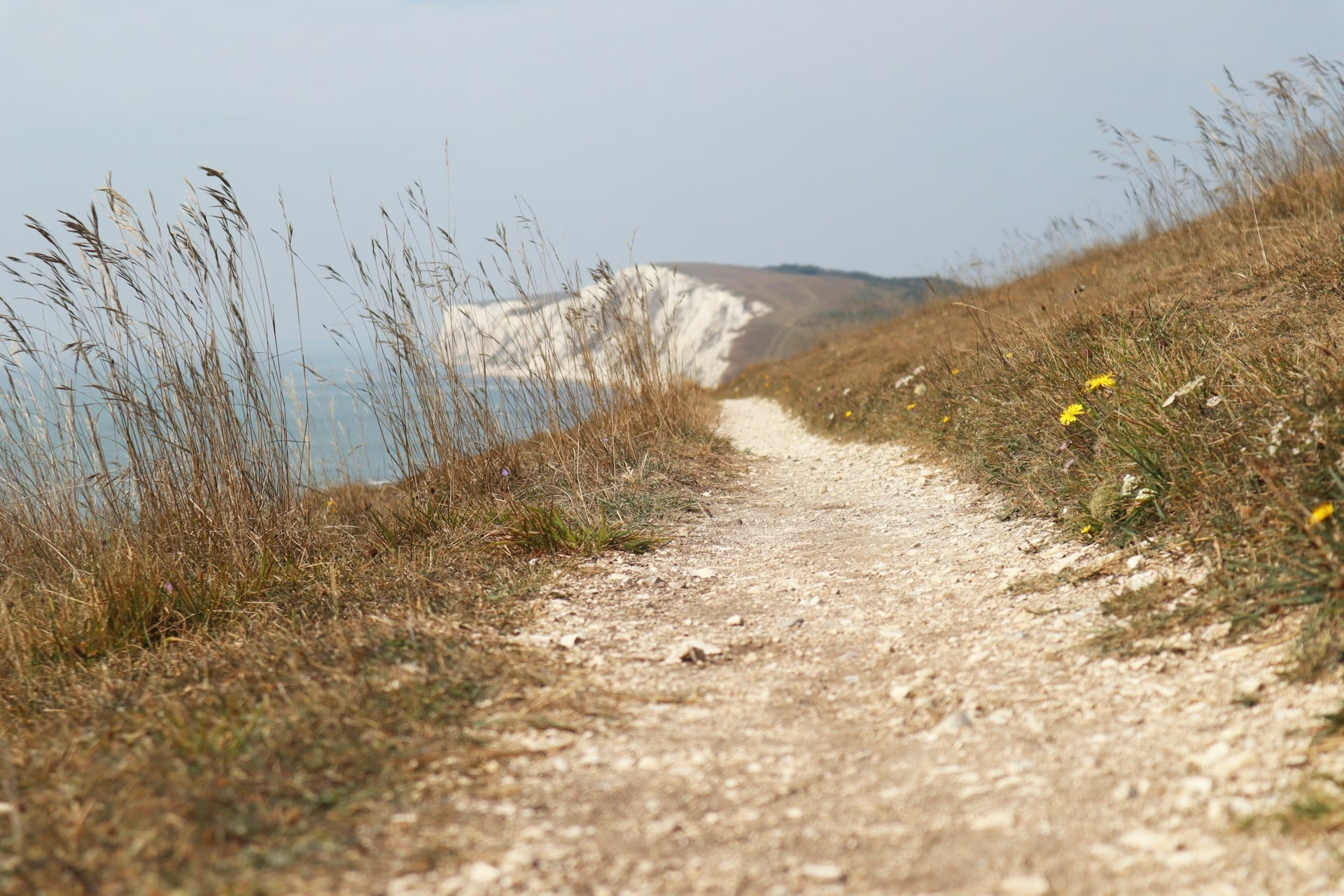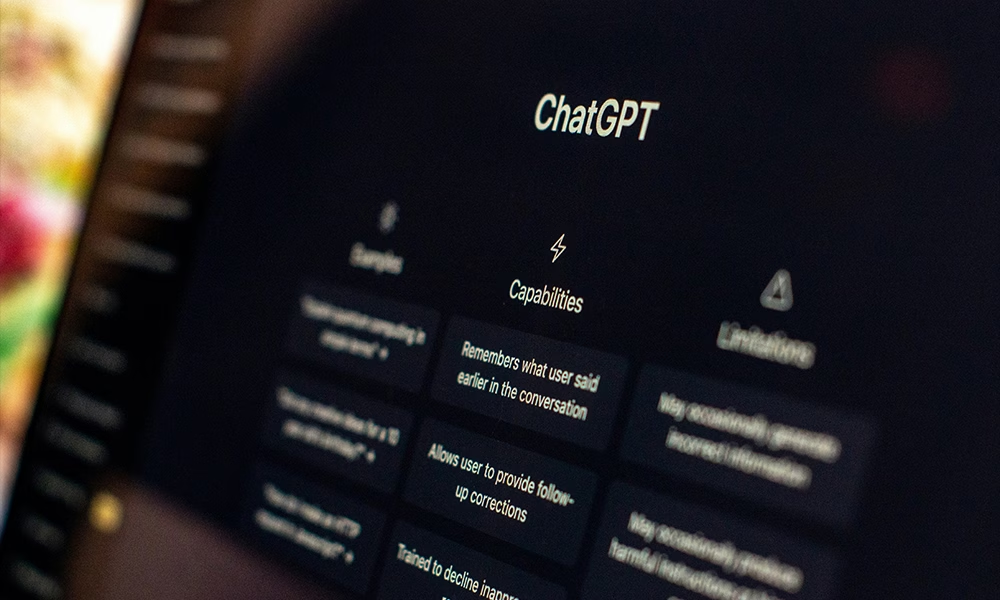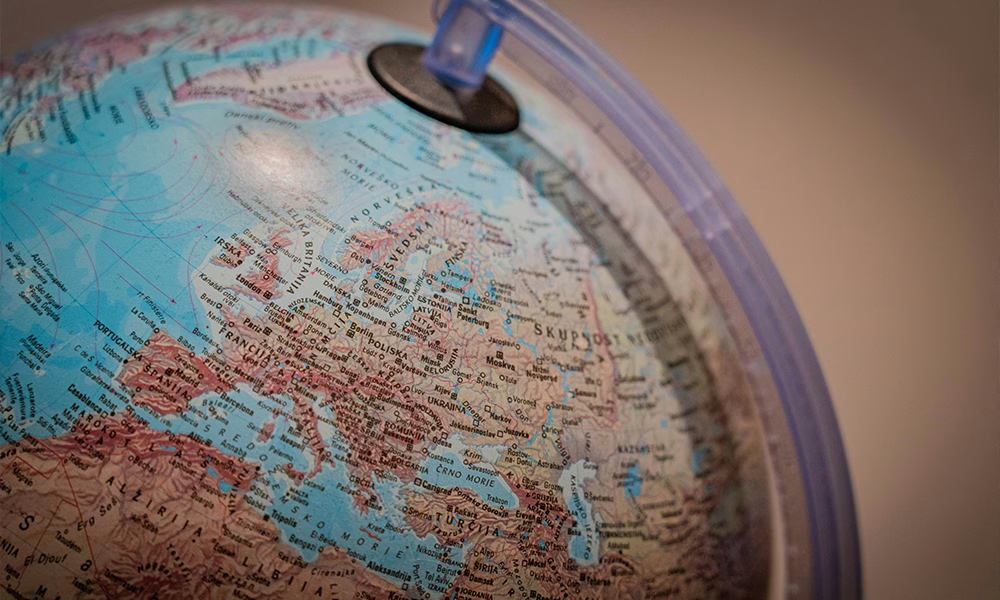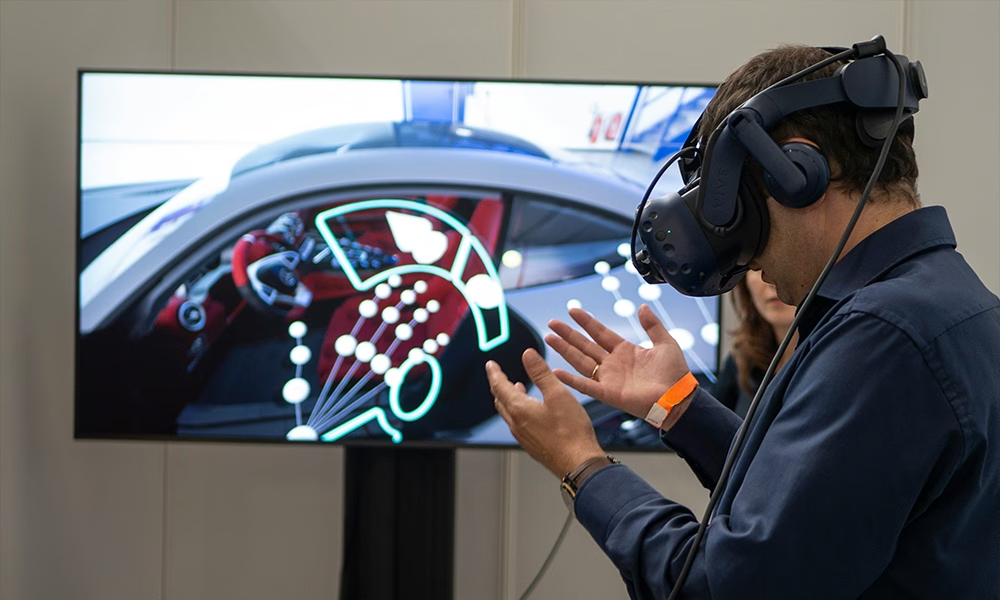How PR in Europe really works

With the IPO market showing signs of recovery, more companies are once again looking outward. For many US headquartered companies, that means Europe. Expanding internationally brings many challenges, and one thing that’s always high on the list is reputation. That’s why PR is often one of the main investments companies make as they step into new markets.
Having run European PR programmes for US headquartered companies for over 18 years, my first big tip is to never treat ‘Europe’ as one area where countries work the same way. What works brilliantly in the UK may fall flat in France, and the same tactic that delivers headlines in Germany might go nowhere in Spain. But there are also some patterns that repeat, and plenty you can do even if you don’t yet have all the “perfect” ingredients for a fully localised PR strategy in-country.
What the perfect set-up looks like
Starting with the dream scenario – your PR programme in Europe is fully supported by local voices. You have native speakers leading outreach in their own languages. You have executives based in-country who can talk to journalists at short notice. You have local customers who are happy to share their stories. And you’ve got fresh, market-specific data that makes your insights feel relevant.
Of course, that combination makes everything easier. The media love to hear about people and businesses that feel directly connected to their readers. Local references and language make your story more relatable, while local stats give it weight.
But this is a dream scenario, because it’s unlikely companies have all these ingredients when they first arrive. You might not have a customer in Germany yet. You may not have a French country manager in place. You may only have global data to share. And all of that is absolutely fine. You can still get great results if you know how to play to each market’s strengths.
Busting the thought leadership myth
One common misconception is that you must have a local executive authoring every article you produce. That’s not so – there are some publications which accept an article in local language and are happy for it to be attributed to the original author.
This isn’t necessarily a hard and fast rule across Europe, though. In France, the media pay attention to the job title. A VP or C-suite name carries weight, whether or not that person lives in France. That said, for trade media, there’s a stronger appreciation for an expert to be truly expert in that subject (with good credentials) and native speaking.
In the UK, the title helps but what really counts is the quality of the opinion. Journalists here value experts who say something fresh, unusual, or contrarian. In fact, a National business journalist recently told us that he sometimes actively avoids CEOs who are ‘overly media trained and talk in jargon’ – his strong preference is for the strength of the story itself. Journalism 101!
And in Germany, the expectation is for substance. German outlets want arguments backed with solid reasoning and data. Ideally you’d tailor that with country specific numbers, but well-presented global data can still work.
Different markets, different appetites
It’s not just about the spokesperson. The type of content each country values also varies.
In France, corporate news still lands well. Announcements like new appointments or office openings often get coverage. In the UK and Germany, there’s less appetite for that kind of story and more hunger for expertise. The UK thrives on a mix of opinion articles, reactive commentary, and thought-provoking takes on the news. Germany is similar, though more formal, with a strong preference for carefully argued bylined pieces or groundbreaking company news.
In the Netherlands, transparency, clear data, and authentic expertise resonate much better than polished words, in fact journalists really dislike superlatives. Lasting impact comes from ideally building relationships and offering fresh, locally relevant insights, one-off press pushes don’t get you too far. At the same time, especially in trade media, branded content partnerships are becoming an increasingly important way to secure visibility.
Podcasts are another interesting example where European countries differ. In the UK and Germany, there’s a healthy appetite for guest interviews, and producers welcome outside voices. That said, in Germany, guest interviews are not necessarily as ‘casual’ as they are in the UK or USA. Quality, structure and journalistic standards are important even in independent podcasts, and many podcasts focus on specialist topics in more depth rather than aiming to be entertaining. In France, it is more structured, such as panel discussions and planned expert debates. The format is starting to open up to guests, though more slowly than other regions.
And in markets like Italy and Spain, you’ll often find a more flexible approach to content. A piece you might only expect to use on your company blog, for example “Four Myths in Cybersecurity” can be re-packaged into a press release and get real media traction.
Why context matters
I cannot stress enough that none of these are hard rules. The success of a PR programme always depends on the wider picture. This includes, but is not limited to, the industry you’re in, the mood of the market, and the competition. A hot topic in fintech won’t be the same as one in manufacturing. In some markets you might be up against a “media darling” – a local company that media flock to for quotes. In others, you might find a gap just waiting for you to step into.
Making progress without local assets
So, how do you build credibility when you don’t yet have a full European set-up? There are plenty of options. You can put forward senior global leaders as spokespeople and shape their commentary to fit local angles. You can reframe global data so that it highlights what matters most to a European audience. You can jump into European debates around issues like regulation, sustainability, or AI ethics, which are highly relevant across borders. And you can get creative by re-using content in various ways, offering written Q&As instead of formal thought-leadership pieces, or packaging expert commentary into a podcast-friendly format.
Partnerships can also help. Working with analyst firms, industry associations, or research groups based in Europe lends extra credibility and provides another hook for your stories.
What companies should keep in mind
Over nearly two decades, I’ve seen programmes succeed by staying adaptable. The companies that thrive are those that respect local nuance, repurpose what they already have creatively, and avoid assuming that a single tactic works universally.
If you keep that mindset, Europe offers enormous opportunities to shape your reputation, join conversations, and build influence. It’s not about getting it “perfect” from the start. It’s about knowing where to focus, being flexible, and giving each market the right attention for your company’s ambition
This article was adapted from a version originally published on PR Daily.































